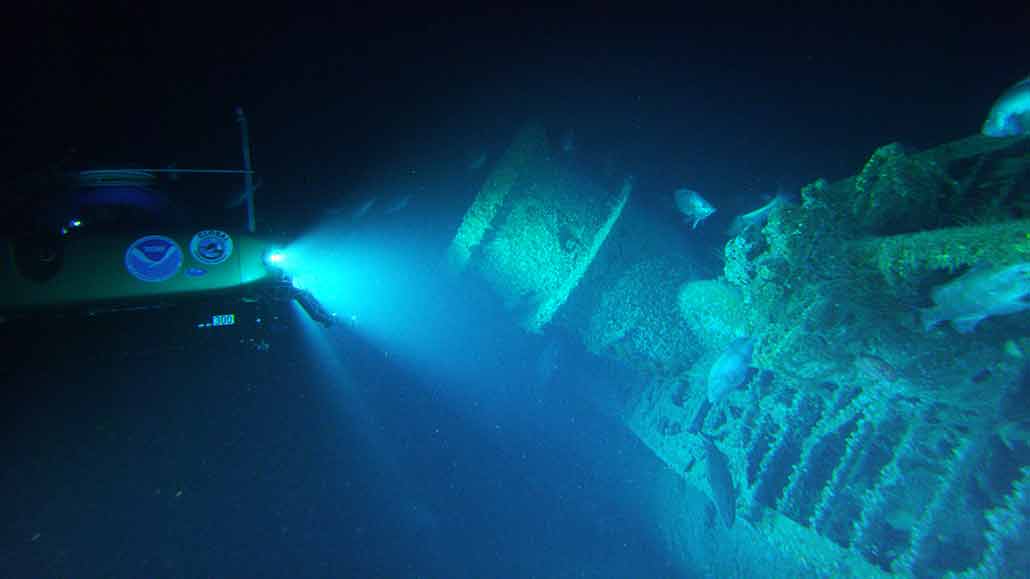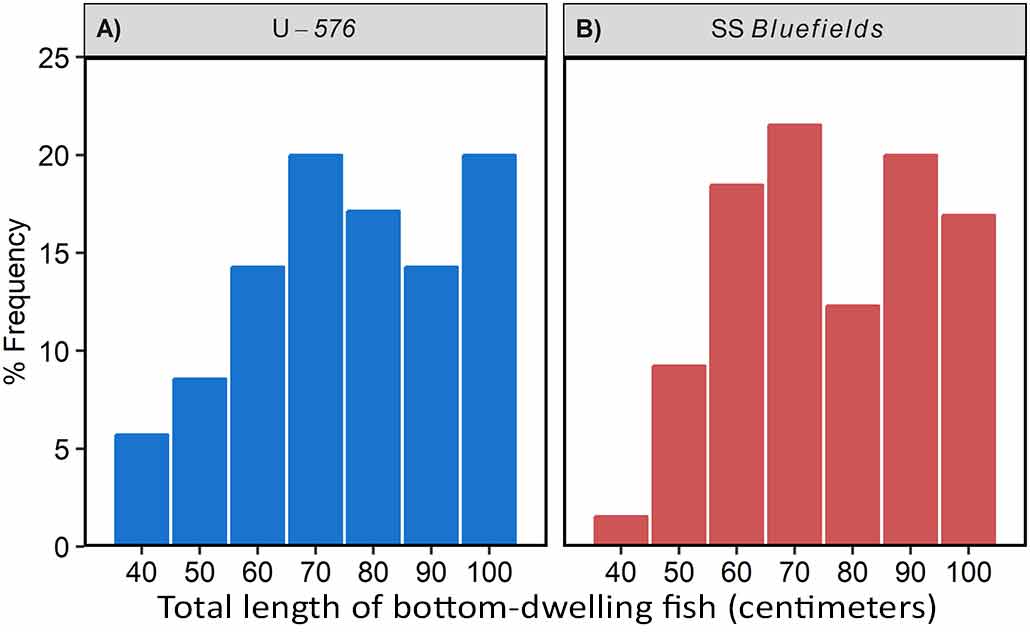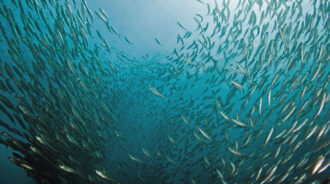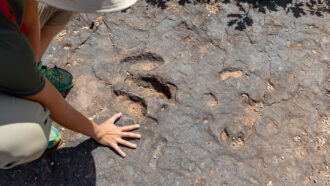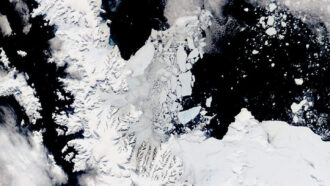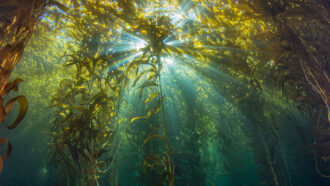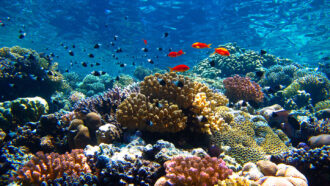average: (in science) A term for the arithmetic mean, which is the sum of a group of numbers that is then divided by the size of the group.
behavior: The way something, often a person or other organism, acts towards others, or conducts itself.
colleague: Someone who works with another; a co-worker or team member.
data: Facts and/or statistics collected together for analysis but not necessarily organized in a way that gives them meaning. For digital information (the type stored by computers), those data typically are numbers stored in a binary code, portrayed as strings of zeros and ones.
ecologist: A scientist who works in a branch of biology that deals with the relations of organisms to one another and to their physical surroundings.
footage: (in movies and videos) A term for the uncut or unprocessed motion pictures or video imagery taken by a camera. It takes its name from the fact that it took several feet of film to capture a few seconds of motion-picture photography.
groupers: Large warm-water sea basses. These predatory fish, a popular sport and food fish (especially the red, black and gag groupers), themselves target many smaller species.
habitat: The area or natural environment in which an animal or plant normally lives, such as a desert, coral reef or freshwater lake. A habitat can be home to thousands of different species.
host: (in biology and medicine) The organism (or environment) in which some other thing resides. Humans may be a temporary host for food-poisoning germs or other infective agents. (v.) The act of providing a home or environment for something.
laser: A device that generates an intense beam of coherent light of a single color. Lasers are used in drilling and cutting, alignment and guidance, in data storage and in surgery.
marine: Having to do with the ocean world or environment.
National Oceanic and Atmospheric Administration: (or NOAA) A science agency of the U.S. Department of Commerce. Initially established in 1807 under another name (The Survey of the Coast), this agency focuses on understanding and preserving ocean resources, including fisheries, protecting marine mammals (from seals to whales), studying the seafloor and probing the upper atmosphere.
sea: An ocean (or region that is part of an ocean). Unlike lakes and streams, seawater — or ocean water — is salty.
species: A group of similar organisms capable of producing offspring that can survive and reproduce.
submarine: A term for beneath the oceans. (in transportation) A ship designed to move through the oceans, totally submerged. Such ships — especially those used in research — are also known as submersibles.
